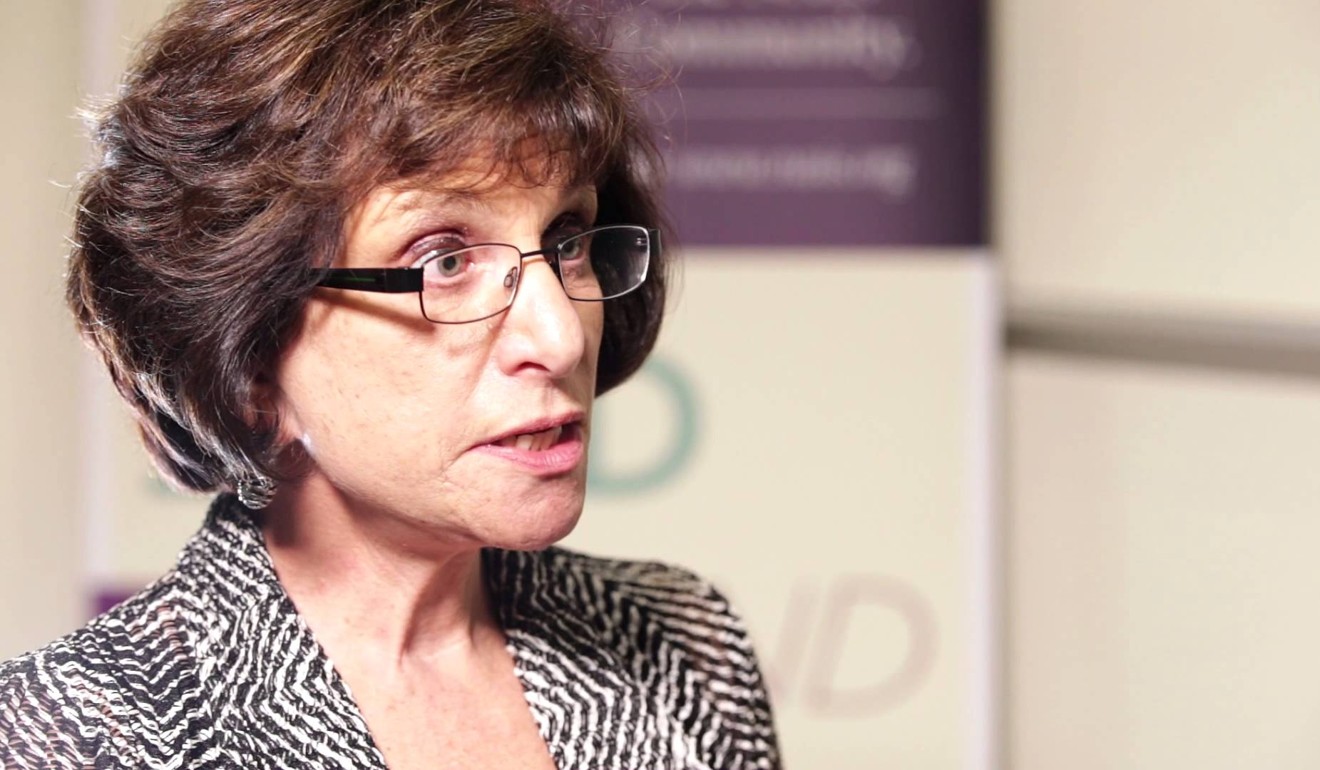
How to talk to your children about sex – seven tips to cracking the age-old quandary
A school counsellor writes about her experience teaching sex education and shares tips on how to start the healthy discussion with your children
“I do know how babies are made,” my then eight-year-old son recently told his 13-year-old sister. She ignored him. “Mom ... you better tell him before he goes to camp and hears it from older kids,” she said. She was right. For years I had talked to him about love, but I must have glossed over the mechanics.
Sex education in Hong Kong: the things you need to know but are too afraid to ask
According to Deborah Roffman, the author of Talk to Me First: Everything You Need to Know to Become Your Kids’ ‘Go-To’ Person About Sex, I was late to the game. “If we’re not deliberately reaching out to kids by the age of eight or nine, almost everything they learn after that is going to be remedial,” she says. “Sexual intercourse in the service of reproduction is thoroughly age-appropriate for six year olds.”

Not long after I got my son up to speed, I taught health and wellness to a class of teenagers for the first time. No amount of parenting readies you for a roomful of curious 13 year olds. To prepare me, my principal showed me questions students had asked in the past. “How many times can you ask a girl out before it becomes sexual harassment?” “Is it possible for a boy to put his privates in the wrong hole?”
Well, OK then. I could do this. As Roffman notes, these conversations are simply part of the nurturing process. “It’s about how we can raise sexually healthy young people from birth,” she says.
With this in mind, here are seven tips to help parents raise children who know how to make well-considered decisions.

Karen Rayne, an American sex educator and author of Girl: Love, Sex, Romance and Being You, says that parents shouldn’t make assumptions about what their children know. She recalls a student who avoided trampolines because she believed that every time a girl is jostled, an egg dies.
Yuri Ohlrichs from Rutgers, an international sexual health education body in theNetherlands, says that it’s up to parents to debunk myths that children pick up from peers and the internet. “Some of the misconceptions are disturbing, and as responsible adults we can take away the tension they create,” he says.
Admit discomfort and stay calm
For parents, acknowledging discomfort is a good first step. “You can begin the conversation with, ‘This is going to be awkward, but we’re going to talk about it anyway because it’s important’,” Rayne says. Even if parents are fine, it doesn’t mean their children are. “Parents need to normalise the dialogue and provide a space where kids can ask anything,” she says.
Talk about your values
When Roffman talks to parents, she asks them to list at least five values they want their children to bring to all sexual situations they encounter in their lives. She then urges them to tell their kids these values as young as possible.
By taking this approach, parents can teach the importance of compassion, honesty and respect long before they broach the subjects in a sexual context. “Parents can say, ‘You’re standing too close to me. You’re not respecting my boundaries,’ and talk to children about how no one is allowed to touch them without their permission,” Roffman says.

Share personal stories with caution
Before sharing personal information, parents need to think deeply about why they’re sharing it, Roffman says. “There should be a point to the story. What do they hope their child will learn?” She notes that trying to steer a child’s behaviour is not a good motive. “The goal should be to help your child think through decisions they’re going to make,” she says.
At an age when the body tends to mature faster than the mind, kids want to know what’s normal and what’s next.
Address stereotypes and gender differences
Ohlrichs encourages adults to take a positive approach to both male and female sexuality. “Not all boys or men are going out there to have sex as much as they can,” he says. “We have to make sure that boys understand that you’re just as much a man if you’re not experienced sexually as if you are.”
He urges parents to explain that although there are no hard-and-fast distinctions, males and females might approach sexual scenarios differently.
Ohlrichs says parents need to address stereotypes about female sexuality, noting that girls throughout the world internalise the idea that they need to protect their reputation. “They’re getting the message that they need to conceal excitement and avoid taking initiative, and it’s still one-sided,” he says.

Use material to start the conversation
“Everything in life can be connected to human sexuality,” Roffman says, and parents can find natural segues in a variety of topics, such as music and sports. Sexetc.org, a website that is run by teens and affiliated with Rutgers University in America, features polls that parents can use to start a dialogue.

Understand the developmental phase
Different ages pose different challenges, Roffman says. “Parents will say, ‘my child used to talk to me all the time and now they’ve stopped, what am I doing wrong?” She says that parents need to remember that their children are “not adults” yet. “They need us, but they’re also looking for increasing independence,” Roffman says. Parents can explain to their children that they need to be willing to engage in conversation when they start new behaviours, such as dating.
Hong Kong sex education classes don’t teach pupils about sexual minorities
My student’s questions were skewed more toward relationship issues and body image than the mechanics of sex. “How do you convince someone to like you as more than a friend?” “Can you date someone a lot older than you?” Simply put: at an age when the body tends to mature faster than the mind, kids want to know what’s normal and what’s next. Parents need to be brave enough to tell them.
